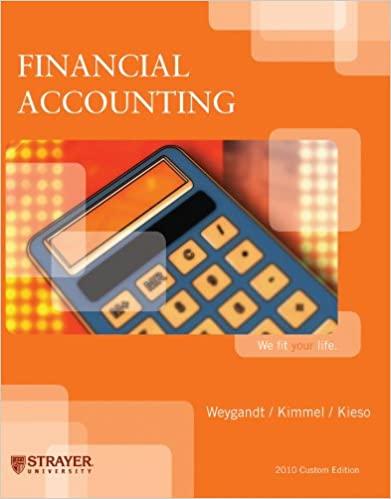Answered step by step
Verified Expert Solution
Question
1 Approved Answer
Required 1 Raintree Cosmetic Company sells its products to customers on a credit basis. An adjusting entry for bad debt expense is recorded only at
Required Raintree Cosmetic Company sells its products to customers on a credit basis. An adjusting entry for bad debt expense is recorded only
at December the company's fiscal yearend. The balance sheet disclosed the following:
Current assets:
During credit sales were $ cash collections from customers $ and $ in accounts receivable were
written off. In addition, $ was collected from a customer whose account was written off in An aging of accounts receivable
at December reveals the following:
Required:
Prepare summary journal entries to account for the writeoffs and the collection of the receivable previously written off.
Prepare the yearend adjusting entry for bad debts according to each of the following situations:
a Bad debt expense is estimated to be of credit sales for the year.
b Bad debt expense is estimated by adjusting the allowance for uncollectible accounts to the balance that reduces the
carrying value of accounts receivable to the amount of cash expected to be collected. The allowance for uncollectible
accounts is estimated to be of the yearend balance in accounts receivable.
c Bad debt expense is estimated by adjusting the allowance for uncollectible accounts to the balance that reduces the
carrying value of accounts receivable to the amount of cash expected to be collected. The allowance for uncollectible
accounts is determined by an aging of accounts receivable.
For situations ac in requirement above, what would be the net amount of accounts receivable reported in the balance
sheet?
Prepare the yearend adjusting entry for bad debts according thesh of the following situations:
a Bad debt expense is estimated to be of credit sales for the year.
b Bad debt expense is estimated by adjusting the allowance for uncollectible accounts to the balance that reduces the carrying value of
accounts receivable to the amount of cash expected to be collected. The allowance for uncollectible accounts is estimated to be of
the yearend balance in accounts receivable.
c Bad debt expense is estimated by adjusting the allowance for uncollectible accounts to the balance that reduces the carrying value of
accounts receivable to the amount of cash expected to be collected. The allowance for uncollectible accounts is determined by an aging
of accounts receivable.
Note: If no entry is required for a transactionevent select No journal entry required" in the first account field.
View journal entry worksheet
Raintree Cosmetic Company sells its products to customers on a credit basis. An adjusting entry for bad debt expense is recorded only
at December the company's fiscal yearend. The balance sheet disclosed the following:
Current assets:
Receivables, net of allowance for uncollectible accounts of $
$
During credit sales were $ cash collections from customers $ and $ in accounts receivable were
written off. In addition, $ was collected from a customer whose account was written off in An aging of accounts receivable
at December reveals the following:
Required:
Prepare summary journal entries to account for the writeoffs and the collection of the receivable previously written off.
Prepare the yearend adjusting entry for bad debts according to each of the following situations:
a Bad debt expense is estimated to be of credit sales for the year.
b Bad debt expense is estimated by adjusting the allowance for uncollectible accounts to the balance that reduces the
carrying value of accounts receivable to the amount of cash expected to be collected. The allowance for uncollectible
accounts is estimated to be of the yearend balance in accounts receivable.
c Bad debt expense is estimated by adjusting the allowance for uncollectible accounts to the balance that reduces the
carrying value of accounts receivable to the amount of cash expected to be collected. The allowance for uncollectible
accounts is determined by an aging of accounts receivable.
For situations ac in requirement above, what would be the net amount of accounts receivable reported in the balance
sheet?

Step by Step Solution
There are 3 Steps involved in it
Step: 1

Get Instant Access to Expert-Tailored Solutions
See step-by-step solutions with expert insights and AI powered tools for academic success
Step: 2

Step: 3

Ace Your Homework with AI
Get the answers you need in no time with our AI-driven, step-by-step assistance
Get Started


